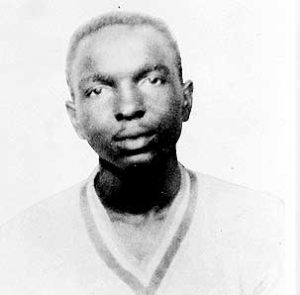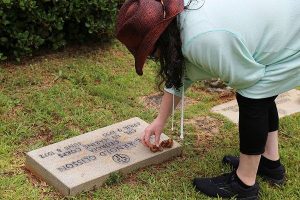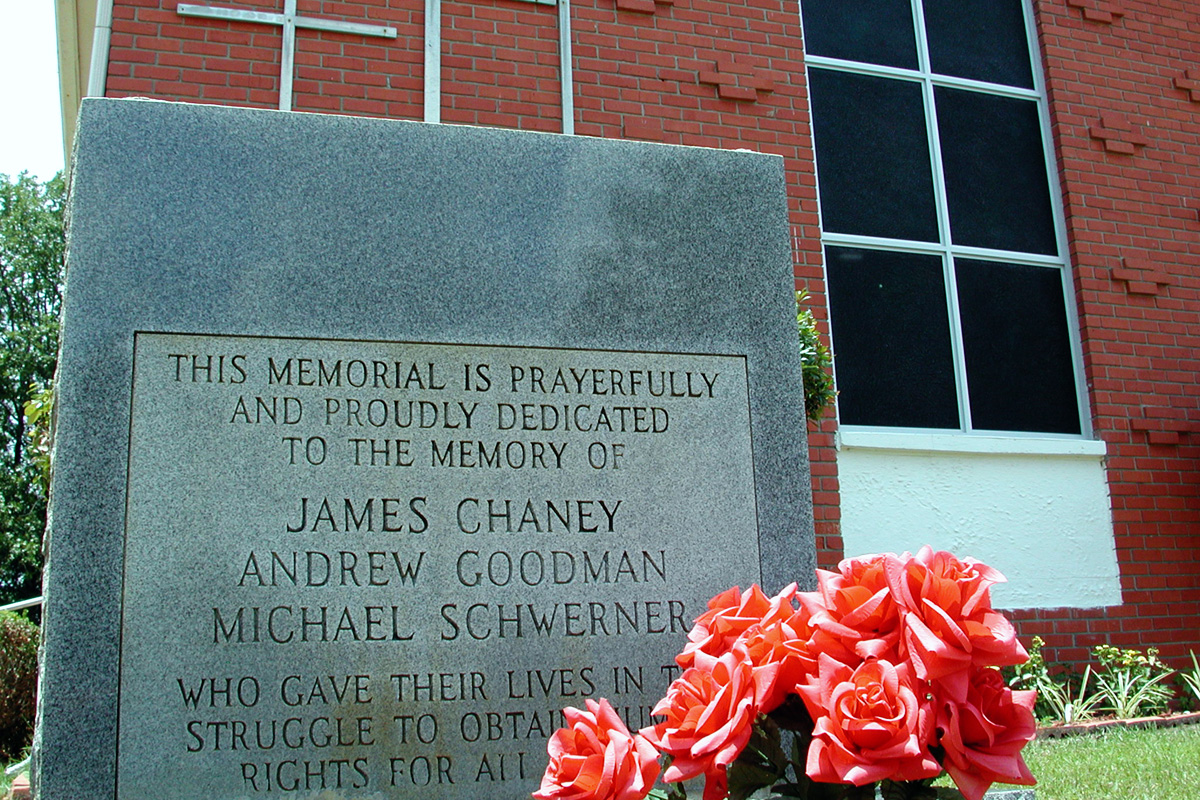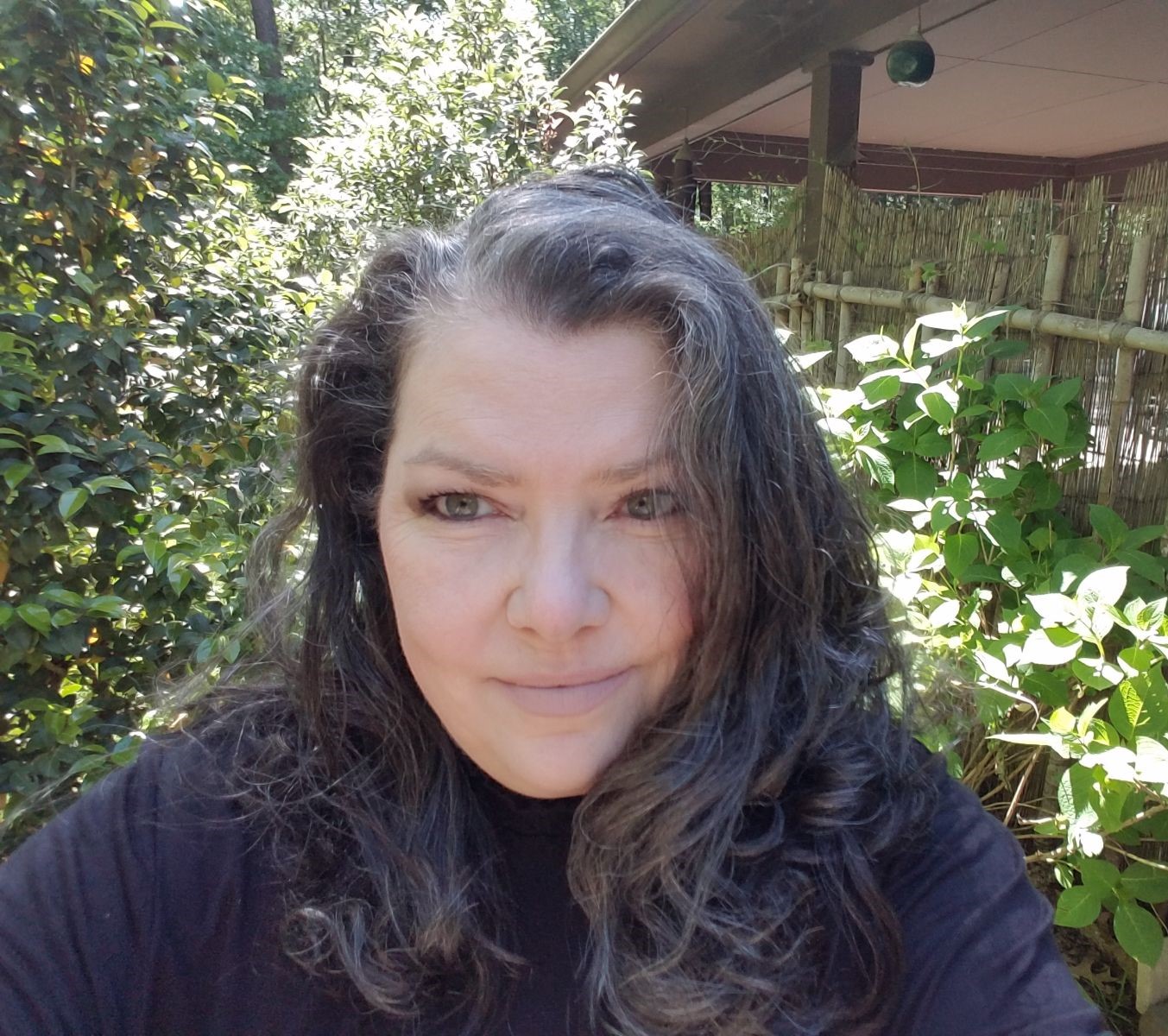Since 2004, when I had the privilege of serving the Philadelphia Coalition as the multiracial collaboration called for justice in the 1964 Mississippi Burning case, Father’s Day has been inextricably linked in my mind to the Neshoba story. The call for justice in 2004, after months of painstaking relationship building and negotiation and planning, happened on Sunday, June 21, on Father’s Day.
The three civil rights workers—James Chaney of Lauderdale County and Andrew Goodman and Michael Schwerner of New York City—were on their way south from Philadelphia, Miss., to Meridian so that Chaney could meet his daughter on what would have been his first Father’s Day. I didn’t know until my work in Philly that Chaney had become a dad just 11 days before the State of Mississippi murdered him on June 21, 1964.

I know what it’s like to grow up without a father. I have no idea what it is like to have your father taken simply because he wanted civil and human rights. Loss and grief are perhaps immeasurable regardless of the circumstances, but on Father’s Day I always think of James Chaney’s daughter Angela. Beyond a few pictures and an old sweater, the only thing I have of my father’s belongings is his tape measure. But I have those things. Chaney’s daughter never even got to rest in her father’s arms, much less have a picture with him.
Because I had no father, God saw fit to send several good men to fill the gap. Uncle Virgil and Uncle Ralph early on. And later, Joseph Hendricks and Will Campbell. (Bonnie Campbell, I’m eternally grateful that you, Webb and Penny shared him with me.) It is no small estimation to say that Joe and Will changed my life. There is no way, without their influence, that I would have come to Mississippi or been in any kind of position to try to support the community’s effort to reckon with the Neshoba murders.
I visit my father’s grave regularly. He lies in a small church cemetery that used to be in the country; my junior high was next to it, and I had to run the track beside it every day for gym class for the two grades I attended that school. Now, it is surrounded by a Home Depot and an Applebee’s. But whenever I go, it’s quiet there. The grass is cut. His grave is undisturbed. It’s not the same for Angela Lewis’ father’s resting place. James Chaney’s grave is still desecrated by white supremacists who will not leave him be.

It brings me some comfort to know I helped connect Angela Lewis, Chaney’s then-adult daughter, with Neshoba County native Donna Ladd (the Mississippi Free Press co-founder) for a piece in Glamour magazine, of all places, in 2004. I later learned that Sheila Weller’s interviews prompted Angela to find out why her father hadn’t visited her in the first 11 days of her life. (He was in Ohio training Freedom Summer volunteers, then got sidetracked investigating the burned church in Neshoba County).
The Glamour interview also helped Angela answer questions like: “Did my father love me? Did he think of me that last week of his life? Did he ever call my name?” as she told Weller.
Through the process, Angela said she was able to let go of anger about his absence, especially as she met Civil Rights Movement veterans like David Dennis who assured her of her father’s love and how he would have been a good father. She also learned that there were white folks who cared about what happened to her father, something she didn’t know at the time.
How does one measure a life? Had my father lived, who would I be? I cannot say that I would have made the same choices, or ended up in Mississippi hoping to support others seeking truth and justice. I knew that I was loved, but it was not my father who taught me to fight racial injustice, and to do so with as much compassion as I can muster. So maybe the loss of him is justified by what I learned to do in his absence.
Chaney’s death, much like George Floyd’s now, changed the world and, I hope, for the better. But his loss and the hatred that killed him forever shaped his daughter. This is what I know to be true—a little girl never met her father because people who look like me didn’t believe people who look like her deserve to be treated like human beings. And if every single one of us white folks don’t make Angela’s loss and that of George Floyd’s children matter, then there is no hope for us.
On this Father’s Day, the first one for George Floyd’s children without him, let’s make it count for them and for James Chaney’s little girl. And for every child of every father.z
This MFP Voices essay does not necessarily represent the views of the Mississippi Free Press, its staff or board members. To submit an essay for the MFP Voices section, send up to 1,200 words and factcheck information to donna@mississippifreepress.com. We welcome a wide variety of viewpoints.






